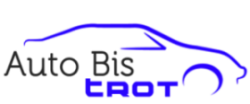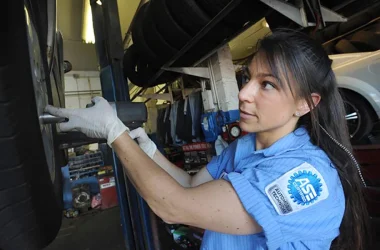The automotive industry has undergone significant transformations, impacting both production methods and the labor market. Early innovations, such as interchangeability and Taylorism, laid the groundwork for modern manufacturing techniques. Taylor’s scientific management introduced efficiency through job specialization, enhancing productivity but often deskilling workers.
With the rise of Fordism in the early 20th century, assembly line production revolutionized vehicle manufacturing, allowing for mass production and lower costs. This shift contributed to the industry’s expansion and the creation of numerous jobs, particularly in the U.S., where vehicle manufacturing jobs reached a 34-year peak by mid-2024.
Today, the automotive sector faces challenges including a shortage of skilled labor, particularly in emerging fields like electric vehicle (EV) technology and data analytics. The demand for skilled technicians and engineers is rising as companies adapt to new technologies and sustainability goals. For instance, EV sales are projected to surge, necessitating a workforce adept in battery manufacturing and software development.
The integration of automation and robotics is reshaping roles within factories, enhancing efficiency but also requiring workers to upskill.
Today, the automotive industry is at a pivotal point where historical production methods intersect with modern technological advancements, shaping both its economic landscape and labor market dynamics.
Niyara Useinova











